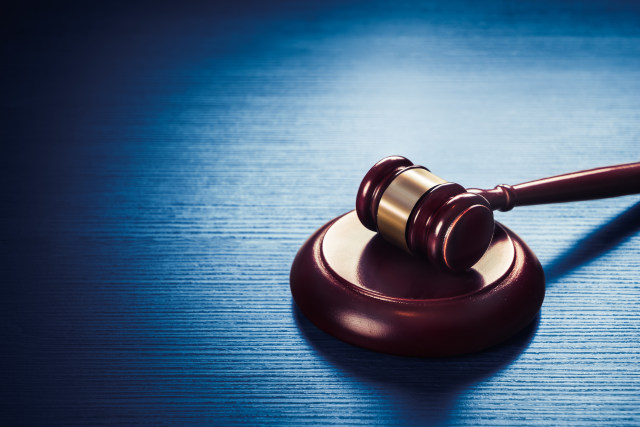
Judges toss lawsuit alleging anti-conservative bias on social media
by Marc DeAngelisIn 2018, the nonprofit organization Freedom Watch and a conservative YouTuber named Laura Loomer tried to sue social media companies. They alleged that Twitter, Facebook and Google -- which owns YouTube -- broke antitrust laws and violated their First Amendment rights by conspiring to suppress conservative viewpoints. Their case was dropped last year, but they appealed the decision. According to Bloomberg, a federal appeals court today affirmed the decision to drop the suit, leaving the tech companies in the clear.
Bloomberg reports that the court agreed with the previous ruling and found that the First Amendment typically “prohibits only governmental abridgment of speech.” In other words, social media users shouldn’t expect to be able to say anything they want on Twitter, Facebook and YouTube -- all of which are private businesses with their own rules and regulations. Furthermore, the conservative group and Loomer didn’t provide substantial evidence of an antitrust violation. Their lawyer says he will file a petition to have the case heard by a larger panel of judges, though two of the three judges overseeing this appeal were appointed by Republican presidents, and the judge who originally dismissed the case was appointed by Donald Trump himself. The idea that a more conservative group could help their case may be a stretch.
Freedom Watch blames this alleged conspiracy as the reason for its lack of organizational growth. Laura Loomer blames it for her 30-day ban on social media sites after she characterized Democrat Ilhan Omar as “anti-Jewish” and accused her of supporting Sharia law.
This decision comes shortly after Donald Trump spread a conspiracy theory on Twitter that mail-in ballots would lead to election fraud. In response, the platform appended a link urging users to “check the facts” on mail-in voting. This caused Trump to allege -- via tweet -- that the company is “completely stifling free speech” and that he would “not allow it to happen.” But as the court found that businesses like Twitter are not beholden to the First Amendment, so his power to regulate or shut down companies for fact-checking him would likely be limited.